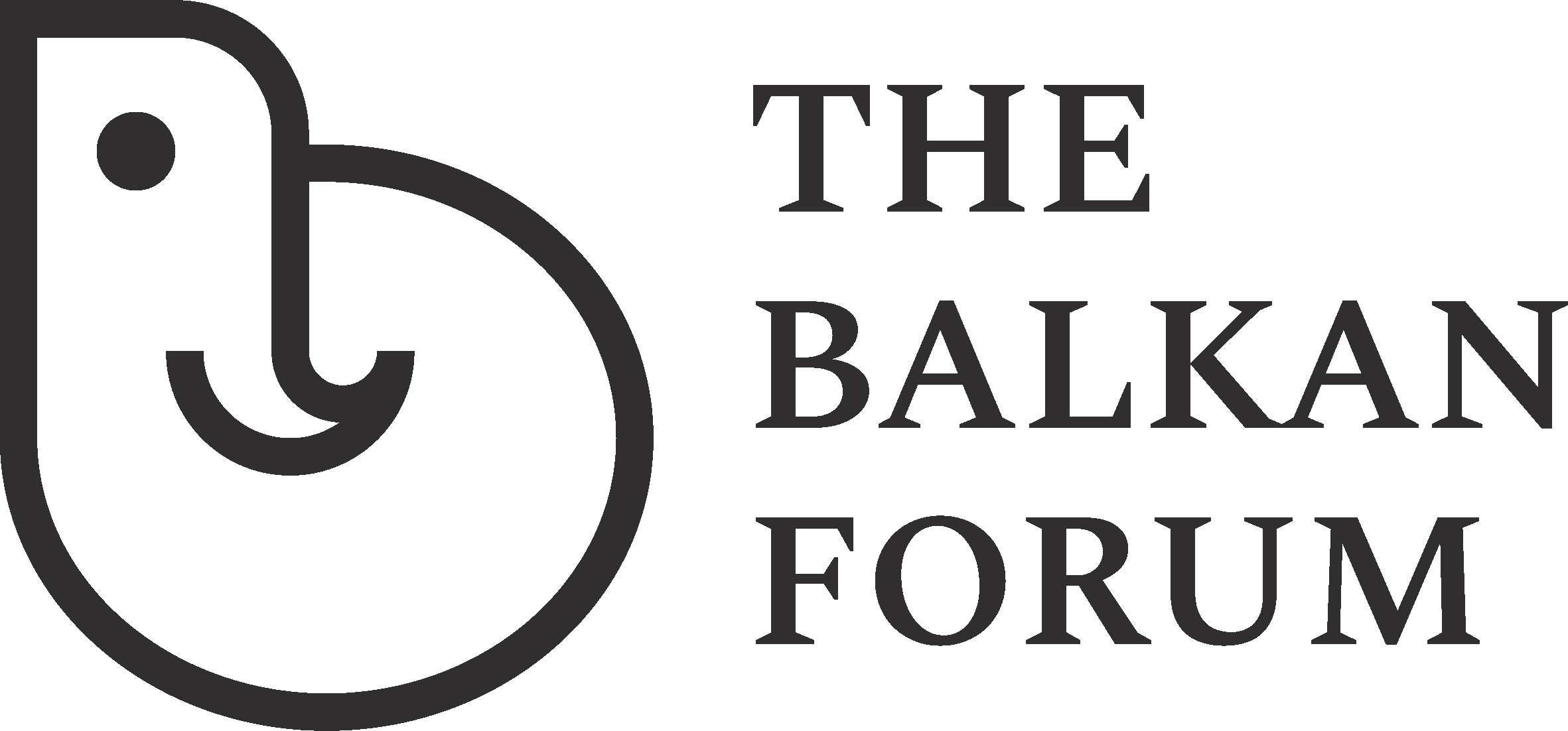“Towards 2030” is an exciting new initiative that brings together voices from across the six Western Balkan countries—Albania, Bosnia and Herzegovina, Kosovo, Montenegro, North Macedonia, and Serbia—to engage in global discussions on the most pressing issues of our time. Through a series of regional blogs, writers will share unique perspectives on themes such as security, sustainability, democracy, human rights, innovation, climate change, and social progress, aligning their narratives with international events and days of global significance. Towards 2030 is more than a blog series—it’s a platform for dialogue, a space for amplifying the region’s voices, and an opportunity to bridge local realities with global conversations. Join us on this journey toward a more connected, informed, and inspired future. #Towards2030
Voices from Montenegro: Read Their Blogs
Explore contributions from Montenegrin authors who are shaping the path toward a more sustainable and just society.
A particularly concerning trend involves the creation and dissemination of disinformative narratives about environmental issues in Montenegro, such as illegal gravel extraction, unregulated fishing, and relentless deforestation.
While the Western Balkans faces significant gaps in waste management, it also holds great potential for circular economy solutions. Across the region, informal waste pickers play a crucial role in material recovery, yet they operate under precarious conditions with little recognition.
Because in this era, the one that you, the reader, and I, the writer, belong to there are countless scientific studies warning us about what we’re doing to our world, yet we ignore them as easily as a child blows away a dandelion while playing.
The data speaks for all of us whose voices haven’t been loud enough. In studies. In eggs. In soil. In the air.
So the only question that remains is: will we choose to stay silent today and forever regret it, or will we speak today so we don’t have to regret tomorrow?
Without strong leadership and cross-sectoral coordination, the Green Agenda risks becoming another symbolic document disconnected from people’s daily lives. What remains clear is that this is not simply a technical issue, it is a question of political will.
The Balkan Forum is a cross-sectoral platform that promotes sustainable development, regional cooperation, and innovation in the Western Balkans. It works toward a greener, more competitive region grounded in democratic values, diversity, and the rule of law—fostering integration, prosperity, and lasting peace.


